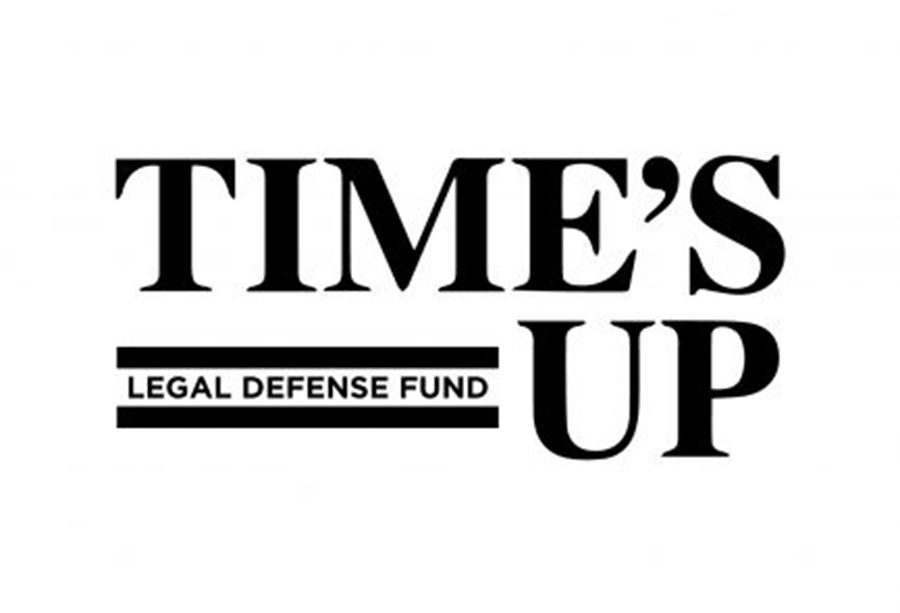The Past, Present and Future of the Time’s Up Movement
Time’s Up Legal Defense Fund was started to help women and men who have been the victim of sexual assault or harassment. (Image from nwlc.org)
Published: February 6, 2018
There’s not a single person involved in present-day politics who has not heard of the Time’s Up movement. Or rather, there is not a single person who has not observed its effects on several fields, such as Hollywood. But the question remains; how did this movement start?
The answer lies in a star-studded list of names: Meryl Streep, Emma Stone, Oprah, America Ferrera and Reese Witherspoon. These celebrities were some of the outspoken people who chose to wear black at the Golden Globes: the first non-verbal, public show of solidarity for Hollywood’s victims of sexual assault. Time’s Up was an offshoot of the larger #MeToo movement, which brought to light the widespread nature of sexual assault. Time’s Up, however, as a movement, was largely made more powerful by the brave men and women who came out against predators in Hollywood, such as Harvey Weinstein and Kevin Spacey. After the majority of Weinstein’s accusers came out with accusations against him in December, the movement gained traction and began its path to becoming the large movement it is today.
In the present-day, the Time’s Up movement has grown to empower many victims of sexual assault in the industry, and prompted many in the industry to stand up for their colleagues who were victims of this heinous crime. One example of this phenomenon is found in Timothée Chalamet, best known for his role in the widely praised film, Call Me By Your Name. Chalamet, who had also acted in one of Woody Allen’s films prior to the allegations against Allen coming to light, donated his wages from that film to charities benefitting victims of sexual assault. Chalamet, in his statement regarding his decision to donate, stated “I want to be worthy of standing shoulder to shoulder with the brave artists who are fighting for all people to be treated with the respect and dignity they deserve”.
Chalamet, along with other actors vocalizing dissent against Hollywood’s sexual assault culture, are a sign of the changing times in Hollywood. Before, many would have been afraid to come forth with their stories. Now, however, the fear of retaliation is all but nonexistent. It has become an act of bravery, and not one associated with shame, to come forward. One can only hope the struggle against sexual assault and the inherently oppressive culture that comes with said problem is over. This is a futile hope. More and more victims come forward with their stories every day. However, the Time’s Up and #MeToo movements are an incredibly promising start to a brighter future.







![2025 Snowcoming Pep Assembly [Photo Gallery]](https://FHNtoday.com/wp-content/uploads/2025/03/IMG_9969-300x200.jpg)
![2025 Snowcoming Dance [Photo Gallery]](https://FHNtoday.com/wp-content/uploads/2025/03/Snowco2025-Hmartin-3-300x200.jpg)
![Girls Soccer Holds Fourth Day Of Tryouts [Photo Gallery]](https://FHNtoday.com/wp-content/uploads/2025/03/AOrozco_Soccertryouts_3.6-20-300x200.jpg)

![Baseball Holds Their Last Day of Tryouts [Photo Gallery]](https://FHNtoday.com/wp-content/uploads/2025/03/baseball-tryouts-3.7-austin-griffin-11-300x200.jpg)


